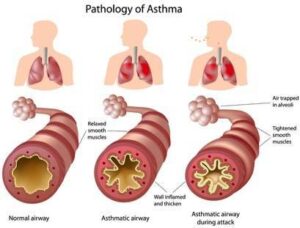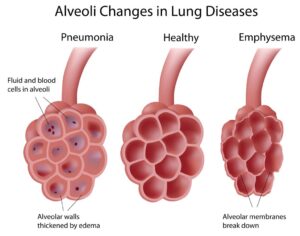Homeopathic Treatment For Fissure
Anal fissures can cause sharp pain and discomfort, often making bowel movements distressing and emotionally draining. This condition may persist when healing is delayed due to internal imbalances or r...
25, 02 2026
Readmore
Homeopathic Treatment For Eczema
Eczema is a chronic skin condition that often extends beyond physical irritation, affecting confidence, comfort, and emotional well-being. Persistent itching, redness, dryness, or flare-ups can interf...
21, 02 2026
Readmore
Homeopathic Treatment For Anxiety
Anxiety can quietly influence many aspects of life, affecting emotional stability, physical comfort, and daily productivity. It may appear as restlessness, excessive worry, disturbed sleep, ...
17, 02 2026
Readmore
Homeopathic Treatment for UTI
Urinary tract infections can cause persistent discomfort and often recur despite repeated medication. Homeopathy focuses on strengthening the body’s defense mechanisms to reduce susceptibility a...
13, 02 2026
Readmore
Best Homeopathic Clinic
A well-structured clinic environment plays a crucial role in the effectiveness of any treatment system. Homeopathy, in particular, thrives when consultations are unhurried and documentation is detaile...
09, 02 2026
Readmore
Best Homeopathy Doctor
Health challenges rarely follow a predictable pattern, which is why personalized care becomes essential. Homeopathy offers a system where treatments are not standardized but tailored, making it suitab...
05, 02 2026
Readmore
Homeopathic Treatment for Migrain
Migraines can disrupt daily life, affecting focus, productivity, and emotional balance. Recurrent headaches often have triggers that extend beyond physical pain, including stress, sleep patterns, and ...
01, 02 2026
Readmore
Homeopathic Treatment for Infertility
Infertility can be a deeply personal and emotionally challenging experience, often affecting both physical and mental well-being. Homeopathy views fertility concerns through a holistic lens, focusing ...
28, 01 2026
Readmore
Homeopathic Treatment for Hair Fall
Hair fall can be emotionally distressing, especially when it continues despite changing products, diets, or routines. Many people experience hair thinning due to internal imbalances rather than extern...
24, 01 2026
Readmore
Best Homeopathic Clinic
Finding a clinic that aligns with your health philosophy can significantly influence treatment outcomes. Homeopathy requires time, observation, and precision, making the clinic’s structure just ...
20, 01 2026
Readmore









